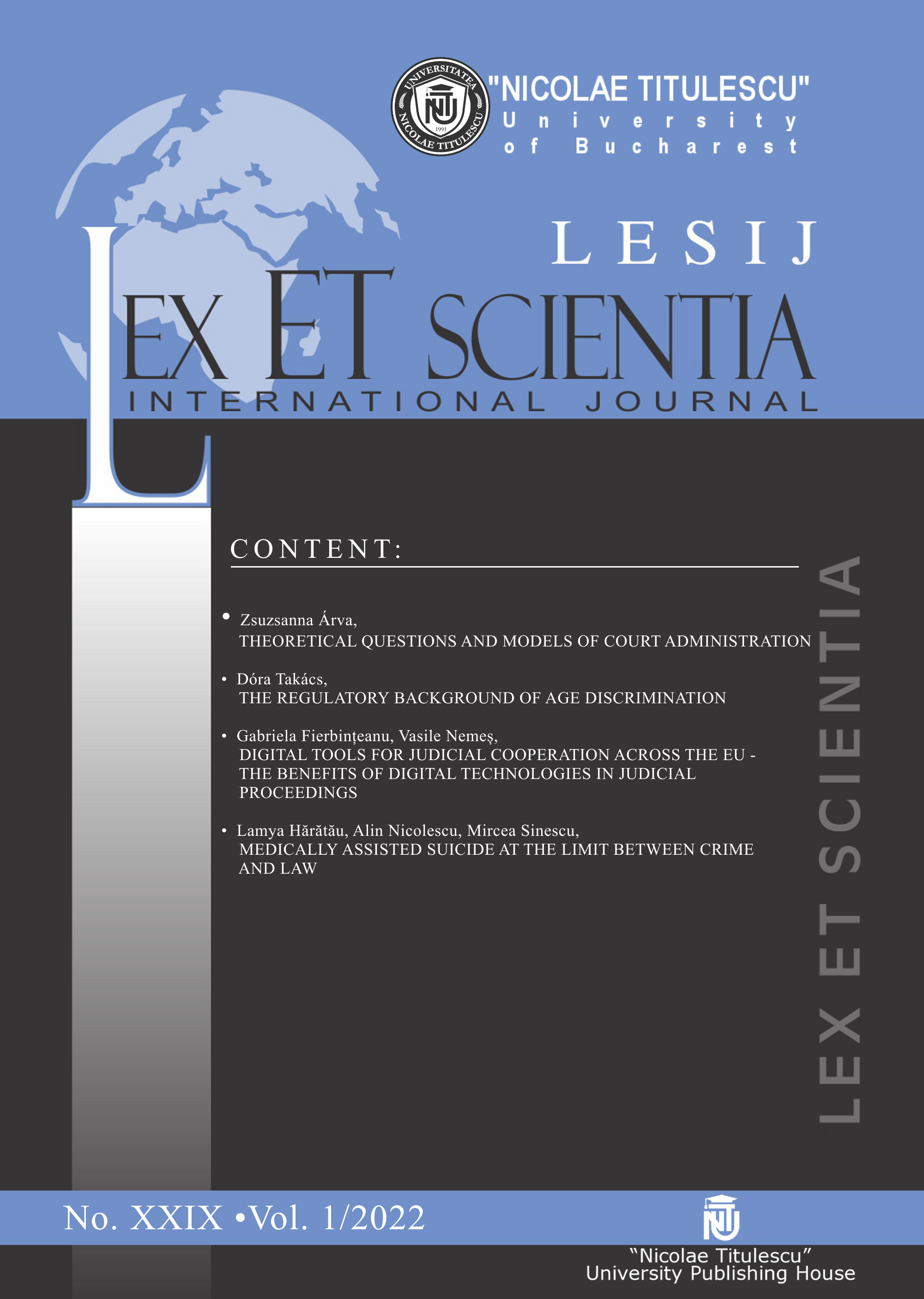THE COMPETENCE OF THE TRAINEE PROSECUTOR IN THE CRIMINAL JUSTICE SYSTEM
THE COMPETENCE OF THE TRAINEE PROSECUTOR IN THE CRIMINAL JUSTICE SYSTEM
Author(s): George Gabriel BogdanSubject(s): Law, Constitution, Jurisprudence, Constitutional Law, Criminal Law
Published by: Universitatea Nicolae Titulescu
Keywords: trainee prosecutor; jurisdiction; hierarchical control; predictability of the law; coordination act; legal detention; function of criminal investigation;
Summary/Abstract: This article deals with and analyzes the competence of the trainee prosecutor, related to the provisions of art. 23 para. (2) of Law 303/2004 on the status of judges and prosecutors, according to which trainee prosecutors have the right to draw conclusions in court, to perform and sign procedural acts, under the coordination of a full power prosecutor. If the law seems clear with regard to the prosecutor in terms of functional competence and describes the acts or measures that he can take or approve, the situation is different in the case of the trainee prosecutor. First of all, what kind of act is the coordinating act of the prosecutor, how does it materialize in the criminal case and what is the competence of the coordinator in relation to the criminal investigation activity carried out or conducted by the trainee prosecutor? The procedural criminal law states clearly concerning the way of coordinating the trainee prosecutor's solutions, by countersigning them, the situation of coordinating the procedural acts or that of the conclusions before the court is not the same. It should be noted that during the internship, the prosecutor does not enjoy independence in taking measures and resolving cases, but only in stability, carrying out his activity under the coordination of a full power prosecutor. However, the law does not state how the coordinating prosecutor actually exercises this coordination of the trainee prosecutor, respectively if he issues a procedural act or countersigns the trainee prosecutor's procedural acts, or if he has the possibility to overturn the act which, according to common law, is an exclusive attribute of the hierarchically superior prosecutor. Secondly, how is the requirement of predictability of the law fulfilled in relation to the „coordination act” of the full rights prosecutor? In other words, if the coordinating prosecutor does not issue an act, as seems to suggest disp. art. 23 para. (2) of Law 303/2004, in what way can an interested person become aware of the content of the coordination that he/she exercises, and how can he/she concretely challenge it? What is the limit beyond which coordination becomes the supervision and conduct of criminal proceedings, thus removing the competence of the trainee prosecutor and to what extent are the instructions issued by the coordinator mandatory for the trainee prosecutor?
Journal: LESIJ - Lex ET Scientia International Journal
- Issue Year: XXIX/2022
- Issue No: 1
- Page Range: 131-142
- Page Count: 12
- Language: English

